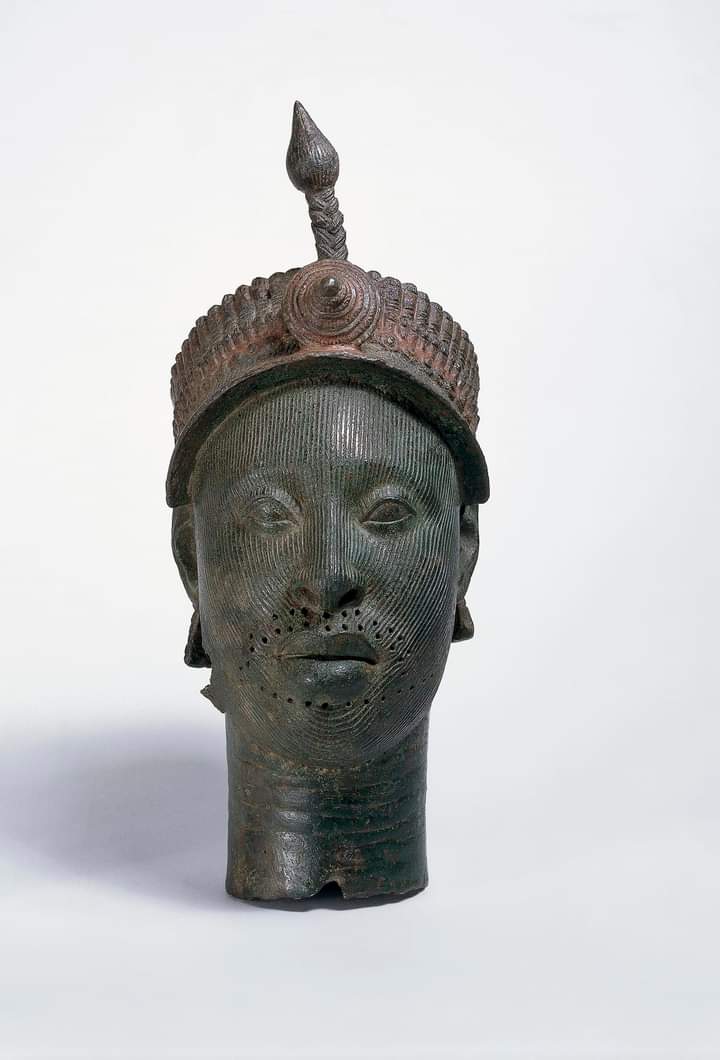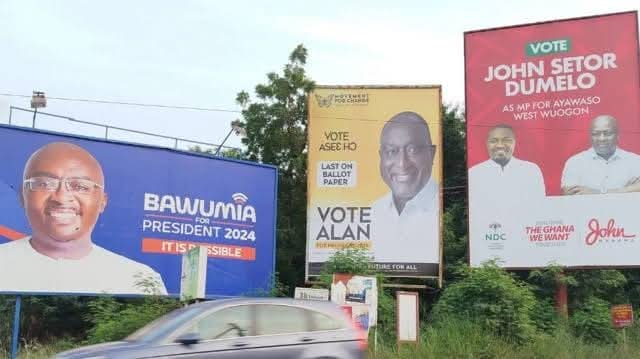Ghana elections: Voters choose between continuity and change
Ghana elections: Voters choose between continuity and change
Millions in Ghana will head to the polls on Saturday at a time of severe economic hardship in the West African nation known for its vast gold reserves and cocoa production.
The presidential and legislative elections could mark a complete handover of power, as voters weigh a choice between continuity or change.
President Nana Akufo-Addo is out of the race and his ruling New Patriotic Party (NPP) is lagging behind the opposition National Democratic Congress (NDC).
NPP’s Mahamudu Bawumia, the current vice president of Ghana, is up against NDC leader and former President John Dramani Mahama in the presidential battle.
However, with 13 candidates on the ballot – including prominent figures like former minister Alan Kyerematen and well-known businessman Nana Kwame Bediako – the election also holds the potential to disrupt Ghana’s traditional two-party dominance.
Around 18.7 million registered voters will elect a new president and 276 members of Parliament, with polls opening at 7 a.m. (0700GMT) and closing at 5 p.m. (1700GMT). Results of the legislative elections are due on Monday morning, followed by the presidential results the next day.
At the heart of the 2024 election is Ghana’s worst economic crisis in decades.
Public debt skyrocketed from 63% of GDP in 2019 to 92.7% in 2022, while inflation has exceeded 54%, burdening citizens with rising costs.
The Ghanaian cedi has depreciated by 300% against the US dollar since 2016, eroding savings and inflating the cost of imports. Businesses are also struggling under government policies, including loan restructuring and heavy taxation.
Although the government secured a $3 billion International Monetary Fund (IMF) bailout in 2023, progress on stabilizing the economy has been slow.
New measures, such as the Electronic Levy (E-Levy) and a betting tax, have compounded public frustrations, while illegal small-scale mining, loca lly called “galamsey,” continues to devastate Ghana’s water bodies.
The economy dominates voter concerns, with unemployment, religious representation, and the fight against galamsey also featuring prominently.




